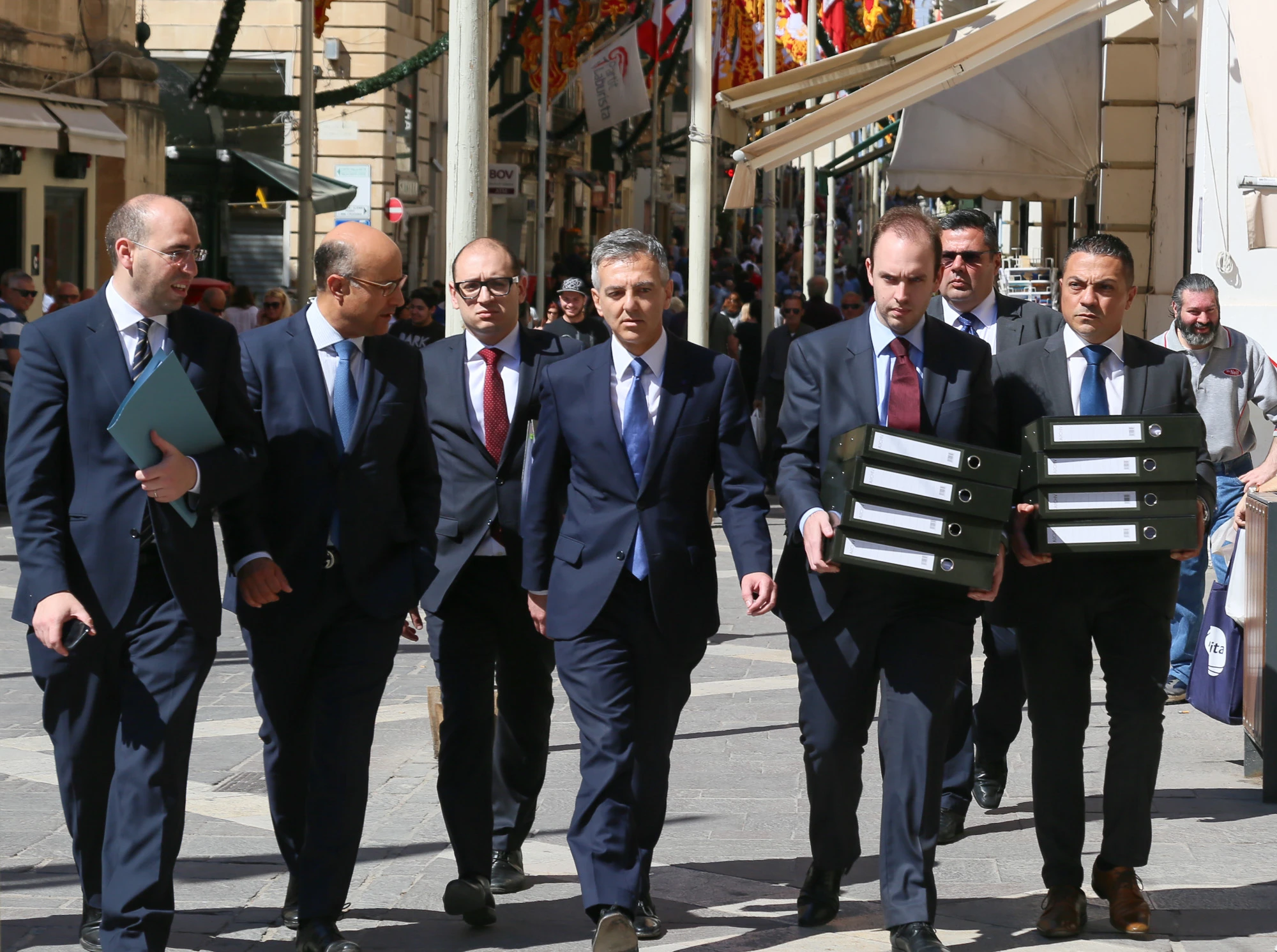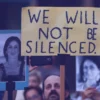Repubblika condemns the campaign of misinformation and disinformation being waged by Prime Minister Robert Abela to convince everyone that removing or reducing the right to request a magisterial inquiry is in the public interest.
We refer to remarks made by the Prime Minister and state the following:
- The Prime Minister said he wants to carry out a “holistic” reform by changing how court experts are hired and how victims are given information about what is happening behind the scenes. The more “holistic” the reform, the more public consultation is needed so that the clients of the judicial system (victims of crimes, all honest citizens, judges and professionals working in the system) have the opportunity to tell the government what it is doing right and what it is doing wrong. Instead, it seems that the government that wants to protect the corrupt is introducing into the law that removes the right of citizens to request an inquiry, other things that everyone in principle agrees with. This is to dispel objections to the vile things it wants to do.
- The Prime Minister said that he wants to stop people who are “abusing” the system and dragging innocent people through an “ordeal of pointless judicial processes”. This is a blatant lie. The “abusers” in this thesis by Robert Abela are citizens like us who asked for inquiries to be held when the police did nothing. Citizens today only have the right to have an inquiry held. They have no right to initiate one themselves. That decision is made by magistrates and even when they do, the person indicated has the right to appeal before a judge. Apart from that, not even the magistrate who carries out the inquiry has the right to initiate judicial processes. That decision is solely the Attorney General’s who has complete autonomy in the decision he makes. If there is an “ordeal of useless judicial processes” (which we do not believe there is), the abuse comes from the Attorney General, not from citizens.
- The Prime Minister said that “we have seen this tool used to commit injustices”. What injustices were committed? What is the Prime Minister referring to? If the requests for inquiries that were not accepted were unfair, the fact that they were not accepted ensured that no injustice was committed. If the prime minister is saying that the inquiries that were actually conducted and led to the prosecution are unfair, the prosecution began because the Attorney General wanted it and the accused persons, while presumed innocent, are defending themselves in court.
- The prime minister complains that €11 million were spent on the Vitals inquiry, money with which we could have built a school. This is a completely absurd argument. If we close the prison and send the murderers and thieves home, we will have plenty of money left to build many schools. But we will be living in an unjust society that favours the strong. In the Vitals scandal, the government wasted €400 million. Many schools would have been built if the ministers and public officials had not been bribed.
- The Prime Minister is saying that whoever requests an inquiry must bring more evidence to justify starting one. This is an absurdity intended to defeat the purpose of the right of citizens to request an inquiry. The task of gathering evidence of a crime does not belong to citizens but to institutions. As long as there are safeguards (as there already are) against someone lying when making a false report and there should be criteria (as there already are) for showing reasonable suspicion of a crime, the responsibility for gathering evidence should lie with the investigating magistrate assisted by the experts they hire.
- The Prime Minister described persons accused in court of illegalities in the Vitals case who were government Permanent Secretaries as examples of innocent victims of the abuse of the inquiry system. He mentions Alfred Camillleri and Joseph Rapa by name. Regarding these we state:
a. These people were accused in court by the Attorney General, not by any investigating magistrate or even less so by any of us from Repubblika who requested an inquiry into the hospitals scandal. When the prime minister attacks their prosecution, he is attacking the decision of the Attorney General and with that excuse he removes the right of citizens to request an inquiry.
b. Repubblika – which requested the Vitals inquiry – indicated three people as suspects in the hospital corruption. Two of them – Edward Scicluna and Keith Schembri – were among those indicated by the investigating magistrate as suspects and accused in court by the Attorney General. The third one was not indicated by the investigating magistrate as a suspect and nothing happened to him. The accusations against Camilleri and Rapa were not made on the initiative of Repubblika which frankly never mentioned them. The charges against them came from evidence found in the inquiry and from the inquiry itself, which is something completely normal in the course of a criminal investigation.
c. By speaking in this way about persons accused before the Court, Robert Abela is prejudicing the state’s case and is putting pressure on the judiciary to decide as he sees fit. This is an affront to the independence of the judiciary (and of the Attorney General), which is unacceptable in a democracy.
This is a complex and important matter for our country’s fight against corruption. Malta’s resources to fight corruption as they are, are already weak. The government should do nothing to weaken them further. We therefore reiterate our call for a White Paper and effective consultation on the reforms that the government wants to make.




